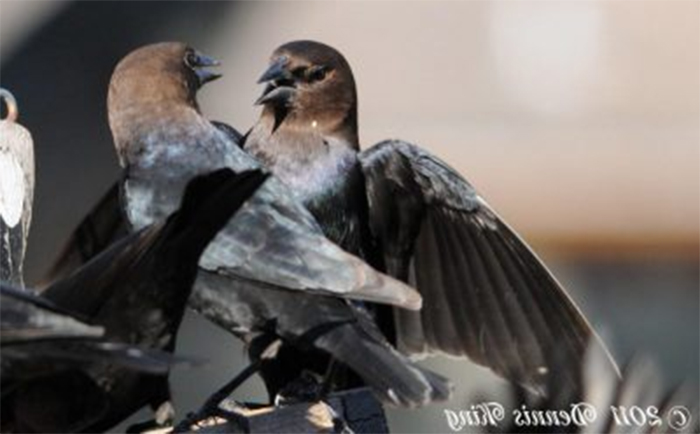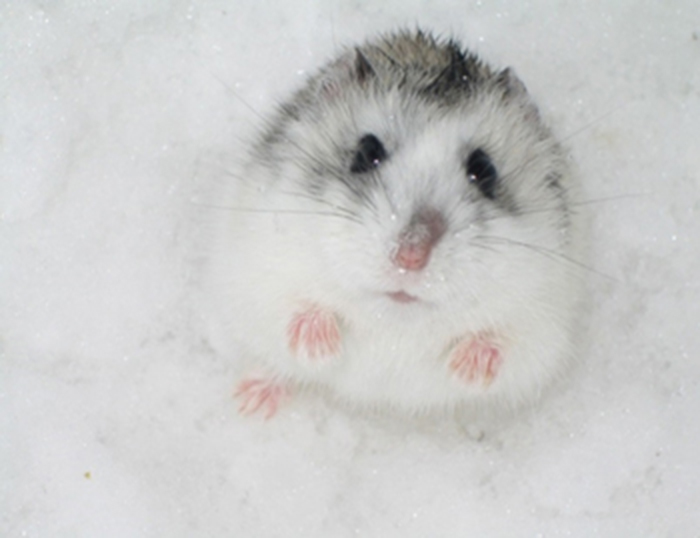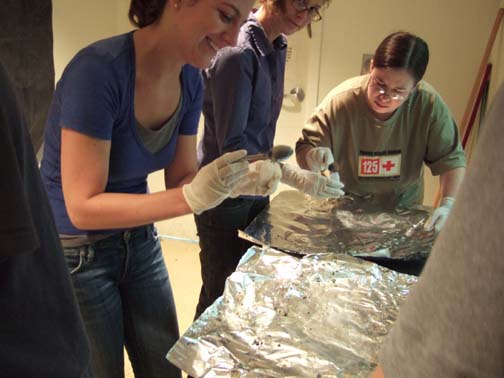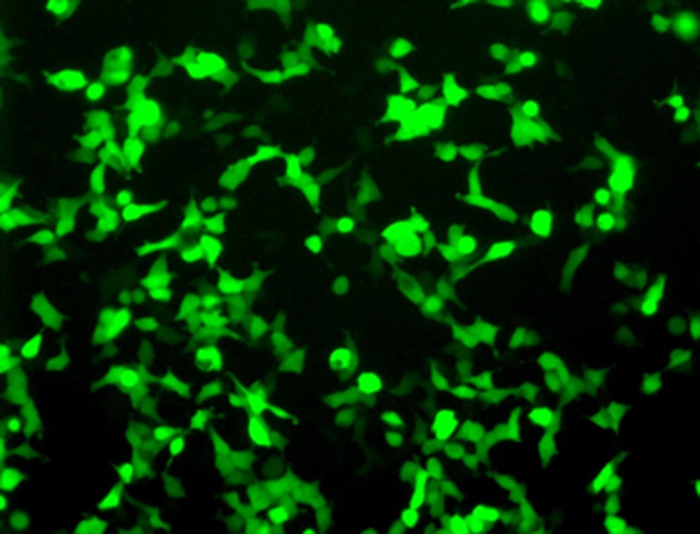
Our goal is to attract and retain talented and diverse trainees to earn PhDs in their home departments and programs with an emphasis on interdisciplinary training that focuses on sexual development and reproductive behavior. We will also provide advanced training to recent PhDs. For information on how CTRD has shaped the lives of past trainees … Continue reading “Graduate and Postdoc Trainees”
Diversity in research and scholarly activity enriches the educational experience, both individually and collectively, by fostering the free exchange of individual ideas and experiences. The CTRD Training grant, and all of the participating academic departments at Indiana University, are strongly committed to providing a welcoming environment for students, postdoctoral fellows and staff as well as … Continue reading “Commitment to Diversity”

We seek outstanding postdoctoral students who have a strong desire to pursue research in conjunction with CTRD faculty mentors in the subjects related to the evolution, development and expression of sex and gender with a special emphasis on parental effects on development. Postdoctoral Trainees 2-year NIH traineeship (assuming satisfactory performance and award renewal by NIH) … Continue reading “How To Apply”

The CTRD pre-doctoral curriculum is designed to promote interdisciplinary knowledge and the acquisition of new research skills. It will ensure that students conduct their research ethically and that they meet requirements for the PhD degree in their respective departments and program. Information is organized according to 1) elements specific and unique to the program, 2) … Continue reading “Curriculum”

Sex, gender, sexuality, and sexual behavior are all distinct traits, but our understanding of their biological bases and their influence on health and disease lags behind their social impact. Our training grant takes a unique and integrative approach to this fundamental biological issue. We explore questions like: How do social stressors affect the genome and … Continue reading “What We Do”

Are you interested in… why males and females differ in behavior, physiology or morphology? how environment, development, physiology and genetics contribute to sex and gender differences? how responses to sickness or injury differ among sexes, as well as the larger issues of sexual and reproductive health If so, you are a candidate for our research … Continue reading “Welcome”






 THE COLLEGE OF ARTS + SCIENCES
THE COLLEGE OF ARTS + SCIENCES